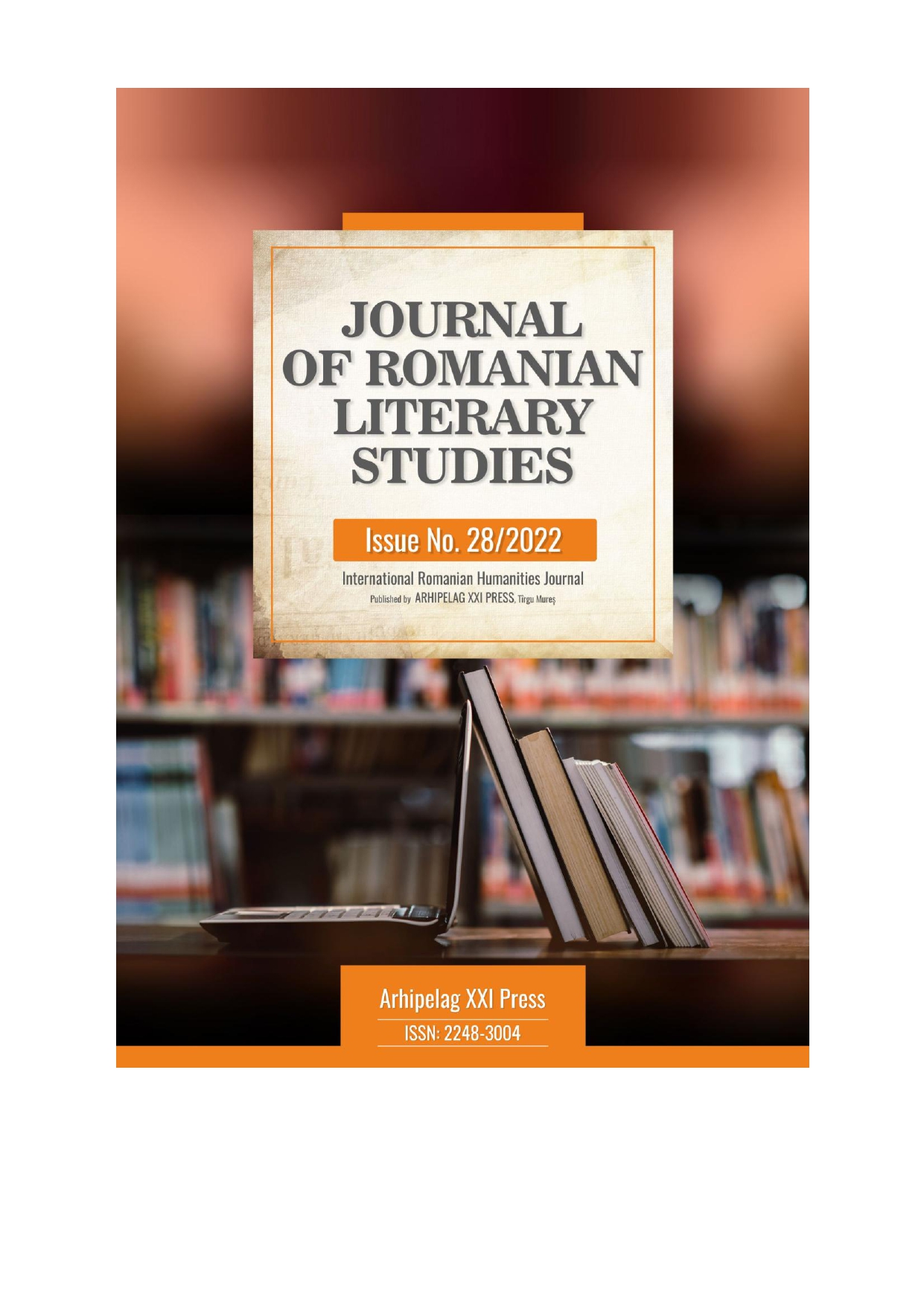VALERIU ANANIA’S HOȚUL DE MĂRGĂRITARE – FORGIVENESS AND BLESSING OF PARENTS
VALERIU ANANIA’S HOȚUL DE MĂRGĂRITARE – FORGIVENESS AND BLESSING OF PARENTS
Author(s): Alin ȚigSubject(s): Romanian Literature, Philology, Theory of Literature, Drama
Published by: Editura Arhipelag XXI
Keywords: Valeriu Anania; drama play; The Pearl Thief;
Summary/Abstract: Many commentators argue that Valeriu Anania’s dramaturgy is the most important part of his literary work. The former Metropolitan of Cluj-Napoca introduced himself, in the literary circles of his age, as a dramatic poet. Valeriu Anania’s play uses, as source of inspiration, the Romanian Mythology, or the Holy Bible. Versatile writer, the former Metropolitan of Cluj uses a different register in his play Păhărelul cu nectar (The Glass of Nectar), a drama play for children. Although a clergy, Valeriu Anania accomplishes, as Lucian Vasile Bâgiu argues, a „dissociative reportting to the biblical parable” writing the drama play Hoțul de mărgăritare (The Pearl Thief). The drama play is essentially different from the story told by Jezus and it is based on a complicated conflict – which is similar to that of a novel. The writer pays a lot of interest to the fall of the prodigal son, offering us motives for his (although, bad) choices; the writer also analyses the prodigal son’s weaknesses, he dissects his feelings, putting them into a context. The interventions of Humbaba – the Father’s servant – suggests the Greek and Latin philosophy as a strong vain of inspiration. Humbaba speaks in Latin maxims, and his interventions resemble to the parable speech. Valeriu Anania’s writing suggests a deeper message, a general one, that one needs in his or her life forgiveness and blessing from their parents. Both of Eli’s sons are wrong: the prodigal son (called Eliabar, in Anania’s play), and also his elder brother, Rimon. If Eliabar wastes his fortune in the pleasures of life, Rimon is incapable of observing his father’s pain – sufferance determined by the loss of his younger son. Also, he is always concerned with earning more; besides that, when Eliabar gets home, Rimon scolds his father for forgiving him so easily. The father – Eli – is an admirable character. Kind and forgiving, he is a model for all parents in the world. He is waiting for his sons to return from sin. He patiently keeps on waiting for Eli, being convinced that he would eventually return. The father is the only character without a sinusoidal evolution. He embodies Our Father in Heaven, Who awaits sinners to return to virtue. He is not scolding us, but offering freedom. When we commit errors, He is there, carrying a part of our burden (the burden of our wrong choices), unconditionally giving us His forgiveness. He keeps on waiting for us, with love and devotion. The drama play Hoțul de mărgăritare (The Pearl Thief), published four decades after its writing, is a pleading to argue the importance of parents’ role in one’s life, but also highlighting the role of such virtues as: gentleness, patience, forgiveness – but, above all, the virtue of love – virtues that mankind need to progress. Without love, we are week. Love lifts us. Love makes us human.
Journal: Journal of Romanian Literary Studies
- Issue Year: 2022
- Issue No: 28
- Page Range: 835-840
- Page Count: 6
- Language: Romanian

